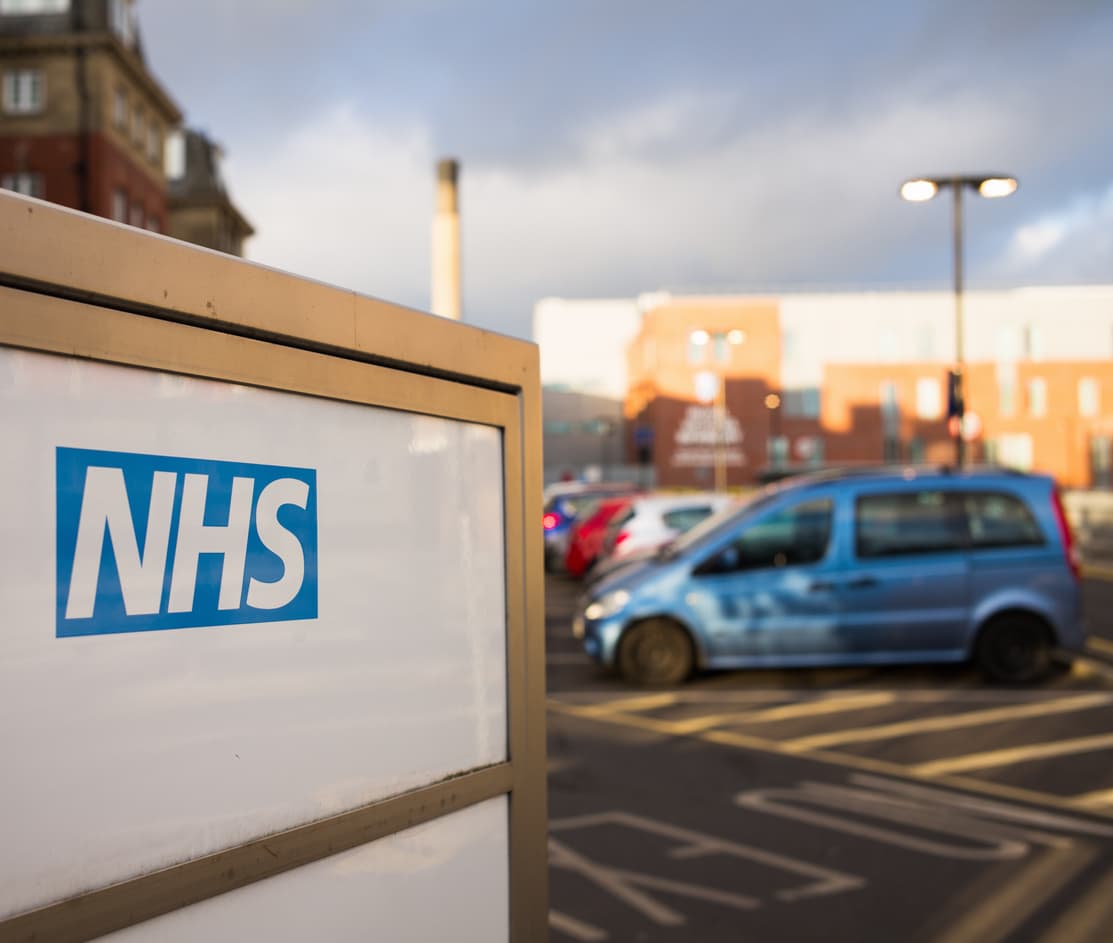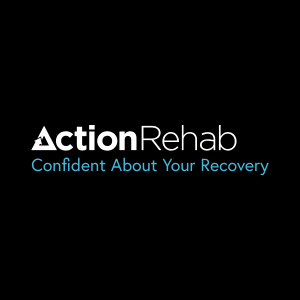
If you have a problem with drugs or alcohol, it is always best to seek expert help as soon as possible. Left untreated, a substance misuse issue can soon spiral into full-blown addiction and any drink or drug problem could have serious consequences.
Alcohol alone is the biggest risk factor for death, ill-health and disability among 15-49 year-olds in the UK, and the fifth biggest risk factor across all ages(1). Prescription and illegal drugs can be just as dangerous to your health and addiction of any type can take a toll on relationships, families, work, finances and pretty much every other aspect of your life.
Admitting that you need help is always a big step forward but you might be unsure about the best way forward. It’s natural to think about the NHS and what they might have to offer. The NHS is generally the first stop for most health issues in the UK and it is a wonderful institution in many ways. When it comes to drug and alcohol treatment though, there are definite limitations in what the NHS can offer.
What NHS Rehab Services Are Available?
The NHS does offer treatment for drug and alcohol issues. According to official statistics, more than 275,000 people were in contact with NHS drug and alcohol services over 2020-21. More than half (51%) were in touch for issues with opiates such as heroin, followed by 28% who were there for alcohol problems. A significant proportion were being treated for alcohol and drugs at the same time(2).
The fact that NHS treatment is free at the point of care means that no one in the UK needs to go without treatment if they are struggling with addiction or any other kind of substance misuse issue. Resources are often limited though and there may be waiting times and limitations on the types of treatment available. Research found that there had been a decrease in funding of 17% in drug and alcohol services for adults and a fall of 11% for youth services between 2015–16 and 2021-22(3).
The most effective way of treating serious addiction problems has been shown to be residential rehab. This is where you stay in the rehab centre as a resident and undertake an intense programme of treatments – typically taking at least 28 days. This allows you to tackle every aspect of your addiction with the help of experienced therapists and other professionals, but it can be expensive. NHS resources only very rarely run to this type of treatment for drugs and alcohol and you will generally be offered cheaper options.
These could include general counselling sessions or more specific treatment via drug and alcohol services. This could include a full outpatient rehab programme and some people may be offered substitution therapy – where a less harmful replacement drug is given. This is typically used for opioid treatment.
NHS Outpatient Rehab
The vast majority (98%) of people accessing drug or alcohol treatment do so on an outpatient basis(4). This means that you stay at home and attend various treatment sessions, which may be held at a local clinic or similar setting.
You will be responsible for getting to and from these sessions and will have to show a certain amount of responsibility and motivation – which isn’t always easy when you are in the grip of addiction.
There may also be additional resources such as drop-in centres and support groups that you can attend outside regular treatment sessions. You may receive counselling and low-intensity therapies.
Prescription medication might also be available to help with cravings and withdrawal symptoms. One of the major drawbacks of outpatient treatment, though, is that you will probably have to undergo detoxification – where you get rid of the drugs and alcohol already in your system – with minimal supervision.
Can I get Private Rehab through the NHS?
Private residential rehab offers a number of benefits compared to this type of community-based treatment. For a start, you will be in a secure environment with no access to drugs or alcohol, which makes resisting temptation easier.
You will also be away from the people, places and triggers associated with your drinking or drug use. You will have access to round the clock care and support from experienced professionals and can undertake a high-intensity, structured programme of therapies and other treatments during the course of your stay. You can also undergo detox under medical supervision, which can help with any withdrawal symptoms.
The NHS does not generally run rehab programmes of this type, but some NHS Trusts will occasionally fund patients to attend a private rehab.
In order to qualify, you will generally need to have a severe problem yet be considered a good prospect for recovery. This will usually mean you have already been undergoing treatment via NHS drug and alcohol services. The application process can be lengthy but your keyworker can tell you if this is a potential option for you.
How Do I Start Addiction Treatment?
In general terms, your GP will usually be your first port of call. They will be able to refer you to further drug and alcohol services if you go down the NHS route and any assessment or diagnosis can also be useful as part of the admissions process if you decide private rehab might be your better choice.
You can also contact rehabs direct. At Action Rehab, we help people who suffer from addictions find the right place for their drug and/or alcohol rehabilitation, based on their own individual needs and situation.
Get in Touch
If you think you need help for a drug or alcohol problem, get in touch today. Our friendly and experienced team can guide you through your options and answer any questions you might have. If you think rehab might be your best choice we can start the ball rolling, or point you to other options if they’re a better fit for you.
Posted on Friday, August 26th, 2022 at 12:14 pm in Alcoholism, Latest News.








 Call Us
Call Us Contact Us
Contact Us